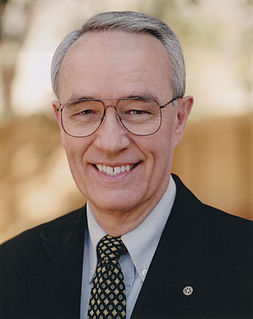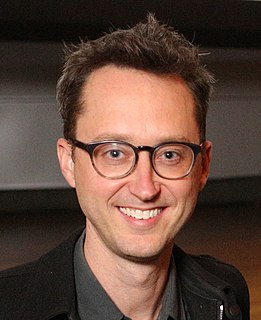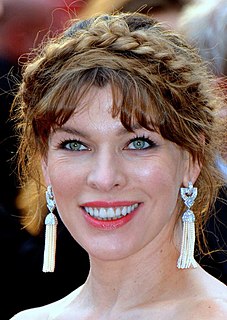A Quote by Kriti Sanon
My parents were never into films, but I hope to make them proud with my work some day. In any case, in Bollywood, your surname matters only till your first, second, or third film at most. Beyond that, you are on your own.
Related Quotes
Introduce your main characters and themes in the first third of your novel. If you are writing a plot-driven genre novel make sure all your major themes/plot elements are introduced in the first third, which you can call the introduction. Develop your themes and characters in your second third, the development. Resolve your themes, mysteries and so on in the final third, the resolution.
Make up your mind to this. If you are different, you are isolated, not only from people of your own age but from those of your parents' generation and from your children's generation too. They'll never understand you and they'll be shocked no matter what you do. But your grandparents would probably be proud of you and say: 'Theres a chip off the old block,' and your grandchildren will sigh enviously and say: 'What an old rip Grandma must have been!' and they'll try to be like you.
If you make a film, that magic is not there, because you were there while shooting it. After writing a film and shooting it and being in the editing room every day, you can never see it clearly. I think other people's perception of your film is more valid than your own, because they have that ability to see it for the first time.
It's easier to greenlight your own films when you're not surrounded by other people aspiring to make films. You have to work a little harder and rely more on yourself and your collaborators and the real relationships you have. There are so many hypotheticals that dominate the industry, and everyone's always waiting for someone else to tell them when to make a film and write a check and sign the talent.
I think the first film you do with your instincts because you haven't learned with another director or you haven't worked on other films, so you tend to do things your own way. I think what I learned the most was to take your time, to try to be less rushed into things and have some distance with what you're doing.
Your first film is always your best film, in a way. There's something about your first film that you never ever get back to, but you should always try. It's that slight sense of not knowing what you're doing, because the technical skills you learn - especially if you have a film that works, that has some kind of success - are beguiling. The temptation is to use them again, and they're not necessarily good storytelling techniques.
The most common mistake you'll make is forgetting to keep your own scorecard. Very little at work reinforces your ability to do this, so you will have to be vigilant. When evaluators give you an assessment, they are just guessing at who you are; they certainly are not the ones who know your potential. They can rate you and influence you, but they don't get to define you. That's your most honorable assignment: to define, every day through the way you deliver your work, the scope and nature of your inherent abilities.
This is my year of transition from what I'm calling the second phase of my life to the third phase of my life. And I wanted to pass it along. What I mean by that is, in the first days of your life you're dependent on others and you learn. You're basically a kid, depending on your parents. In the second phase of your life, you're working and others are dependent on you and you're trying to be successful. And then when you go to the third phase of your life it's no longer as much of a kick to be successful. There's a natural, instinctual desire to help other people be successful.
If you cannot read all your books...fondle them---peer into them, let them fall open where they will, read from the first sentence that arrests the eye, set them back on the shelves with your own hands, arrange them on your own plan so that you at least know where they are. Let them be your friends; let them, at any rate, be your acquaintances.



































